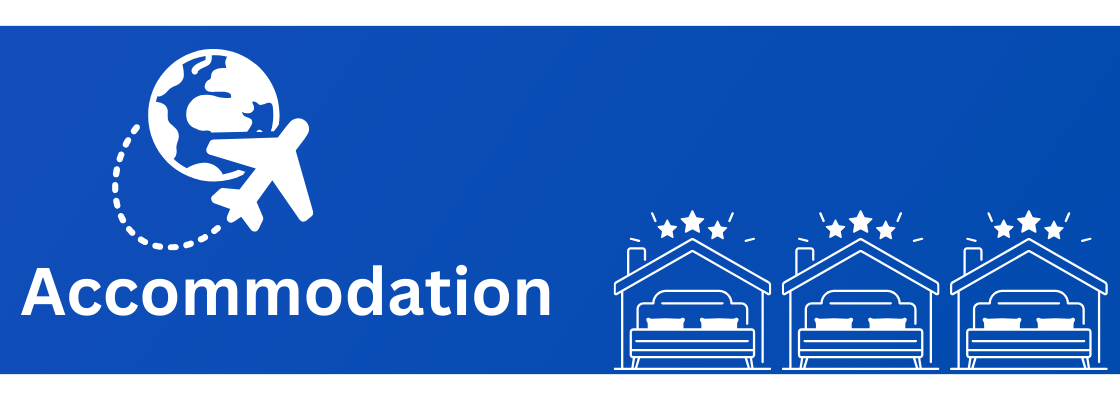
One of the most interesting and fulfilling experiences you may have while studying abroad is the opportunity to develop personally, professionally, and academically. That being said, one of the most important and difficult parts of studying abroad is locating appropriate housing. A home that satisfies your wants and tastes and is also reasonably priced, safe, cosy, and convenient should be found. There are various housing alternatives available to international students, including homestays, hostels, off-campus housing, and on-campus living.” Both on-campus and off-campus alternatives apply to all of these options. Prior to choosing, you should weigh a number of aspects as each variety has benefits and drawbacks.
When you live in a dorm or resident hall on a university campus, you are said to be renting on-campus housing. This is a well-liked choice for student housing since it provides a number of advantages, including:
It offers a security system, on-site personnel, and a safe and secure atmosphere.
On-campus housing does, however, have certain disadvantages, including:
One sort of study abroad accommodation is off-campus housing, which is living in a house or flat away from the university campus. Compared to on-campus accommodation, this is another popular choice for international students since it provides greater independence and flexibility. The following are some advantages of selecting off-campus housing:
Off-campus housing does, however, provide certain difficulties, including:

Make a plan in advance: Start looking for a place to live well in advance, ideally a few months before the day you want to move in. This enables you to consider several choices and come to well-informed conclusions. Keep in mind the deadlines for applying for different types of accommodations, particularly for competitive off-campus flats or on-campus lodging. Your options may be limited if you miss deadlines.
Budget Conscientiously: Make a detailed budget that accounts for groceries, transit, internet, utilities (gas, electricity and water), rent and any other regular costs. Remember to budget for sporadic expenses like entertainment and textbooks.Consider currency conversion rates if you’re an international student, as they may have an impact on your host country’s cost of living.
Take location into consideration: Pick housing that will cut down on your journey to the institution. This lowers transportation costs in addition to saving time. Consider how easily accessible grocery stores, medical facilities, public transit, and other necessities are from the place you have selected.
Safety Comes First: Look into the neighbourhood’s safety record before accepting a possible place to stay. Examine the building’s safety features (such as access control and security cameras), the crime rate, and comments from the neighbourhood. Learn the emergency protocols and who to call, including the closest hospitals and emergency numbers in your area.
For students, finding a decent place to live while away from home can be difficult. We have collaborated with knowledgeable organisations that help students locate housing in popular study abroad locations, such as the United States, Canada, the United Kingdom, and more. They can streamline the procedure and eliminate any concerns about laborious paperwork. Allow us to assist you in locating the ideal second home.

@Copyright 2023 Teachwell all rights reserved
WhatsApp us